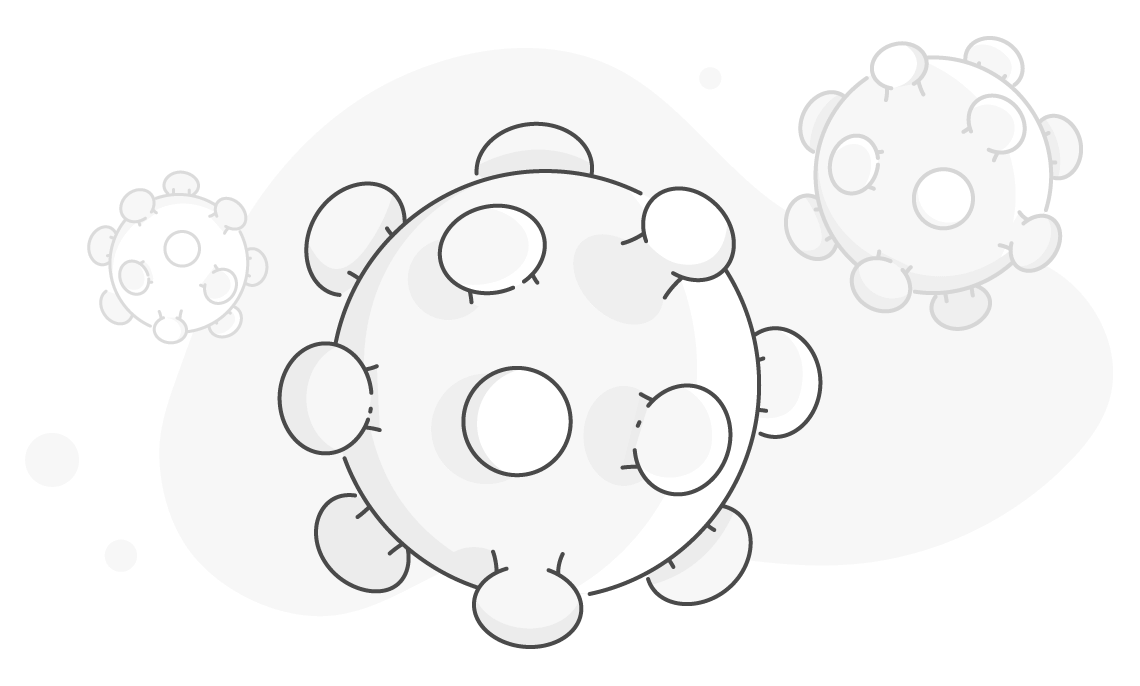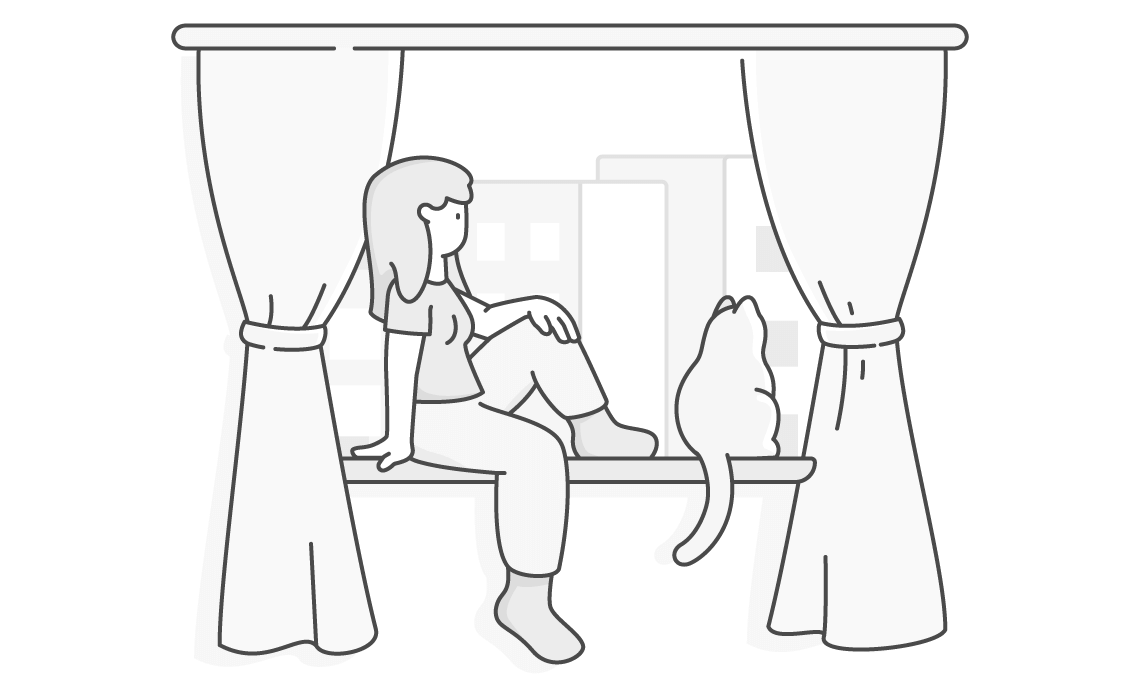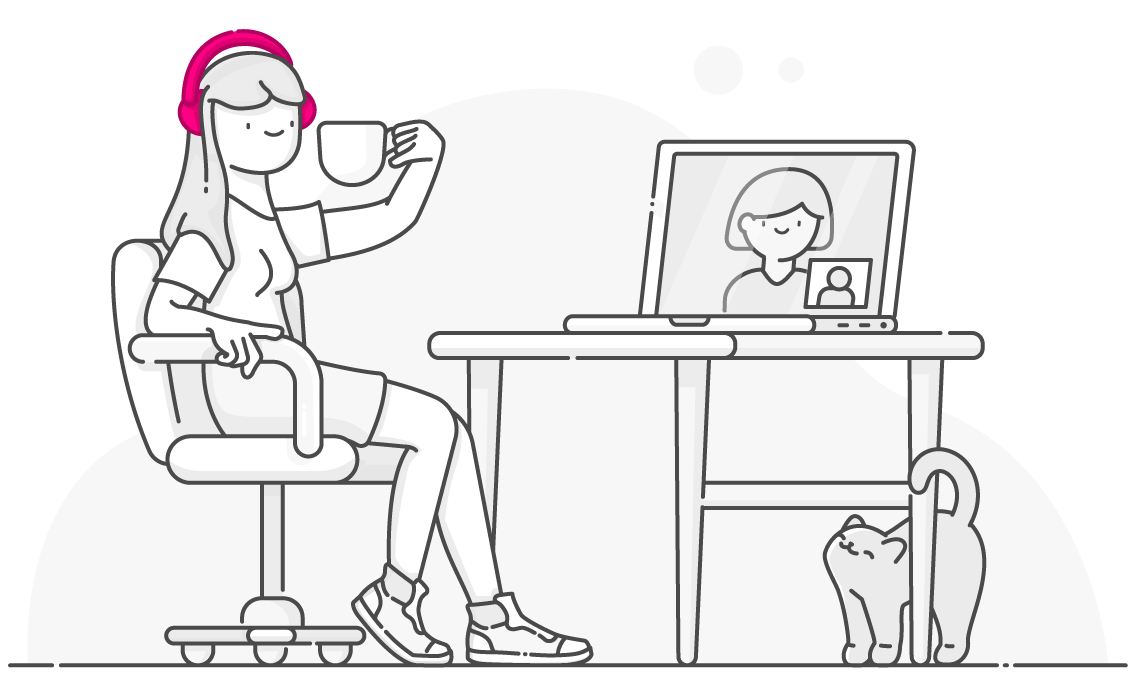You can help policymakers, medical leaders, and academics wage war on the coronavirus. Their biggest challenge? They have very few answers to the most important questions.
Which public policies actually slow the spread of the virus? What convinces people to practice social distancing? What’s the best way to alleviate loneliness?
“The answers to these questions must come from research, not intuition, if we are to successfully reduce the impact of COVID-19,” says Lemonade’s Chief Behavioral Officer Dan Ariely.
And that’s where you come in.
Academic researchers need people like you, your roommate, and your best friend to take quick surveys and share your experience during the pandemic, since you’re the expert on what’s going on in your corner of the universe.
Your answers will inform findings that global leaders will use not only to save lives, but also rescue economies and combat mental health.
We suggest taking one or two now, and bookmarking this page so you can do more whenever you need something mindless to do. Here’s a list of 9 surveys you can take, sliced into 3 categories:
1. Slow the spread of COVID-19
2. Alleviate loneliness and mental health issues
3. Help organizations cope with new realities
Slow the spread of COVID-19
Worldwide, governments are using different approaches to rescue public health systems, save lives, provide welfare, and soften the blow to our economy – which have led to wildly different results.
By participating in these surveys, you’ll help academics and policymakers understand how to compel citizens to comply with restrictions, communicate health instructions, and identify which strategies work.
1. Attitudes towards COVID-19 policies
How do people perceive COVID-19 government policies, and how much do they comply as a result?
Duration: 10 minutes
Who can take it: Ages 18+ worldwide
Institutions: Harvard, Cambridge, and 10 other universities
2. Global response to COVID-19 policies
Which government strategies are working so far to slow the spread of COVID-19, and which aren’t?
Duration: 20 minutes
Who can take it: All ages worldwide
Institutions: Montreal Behavioral Medicine Center (CIUSSS-NIM), University of Quebec at Montreal, Concordia University, and 75+ additional universities and research centers.
3. Most effective COVID-19 policies
Which public health policies are containing the spread of COVID-19 most effectively?
Duration: 20 minutes
Who can take it: Ages 18+ worldwide
Institution: New York University
4. Public health instructions
What’s the best way for governments to communicate health instructions to the public?
Duration: 10 minutes
Who can take it: Ages 18+ worldwide
Institutions: University of Haifa
Alleviate loneliness and mental health issues
While social distancing is essential, it can also have severe consequences on mental health and loneliness. Sadly, loneliness has similar health risks as obesity and cigarette smoking, according to WebMD.
Participating in these surveys will help researchers identify ways to combat loneliness, cope with mental health struggles, and understand how anxiety impacts our actions.
1. Impact of COVID-19 on daily lives
How does COVID-19 affect relationships and mental health?
Duration: 15 minutes
Who can take it: Ages 18+ worldwide
Institution: The University of Texas, Austin
2. Mental health and stress during COVID-19
How does COVID-19 impact people’s mental health and stress levels?
Duration: 5 minutes
Who can take it: Ages 18+ worldwide
Institution: University of Oregon
3. Social distancing and wellbeing
How can we protect ourselves against loneliness from social distancing?
Duration: 20 minutes
Who can take it: Ages 18+ worldwide
Institution: Princeton University
Help organizations cope with new realities
COVID-19 has upended daily life across the globe, and organizations must adapt to new circumstances while maintaining the same level of productivity.
Participating in these surveys will help researchers identify how employees and students can work effectively from home.
1. Adjustment to remote working during COVID-19
How can companies adapt to working from home?
Duration: 7 minutes
Who can take it: All ages, people working from home
Institution: INSEAD
2. COVID-19 online learning experience
What works for online learning, and what doesn’t?
Duration: 5 minutes
Who can take it: All ages, college and university students whose courses have been moved online
Institutions: New York University
Make your mark
With the coronavirus ravaging its way through communities, many of us feel powerless and helpless. But social science research offers a simple way to create a massive impact. And thanks to technology, we can do this in ways that we never could before.
During the Ebola pandemic, social science findings were indispensable in combating the infectious disease. Now, your voice will help leaders pacify fears, understand risk, maintain social distancing, and improve public health. It’s up to you to fill in the blanks.
P.S. If you’d like to see your COVID-19 study featured here, we’d love to hear from you. Reach out to us at [email protected].



